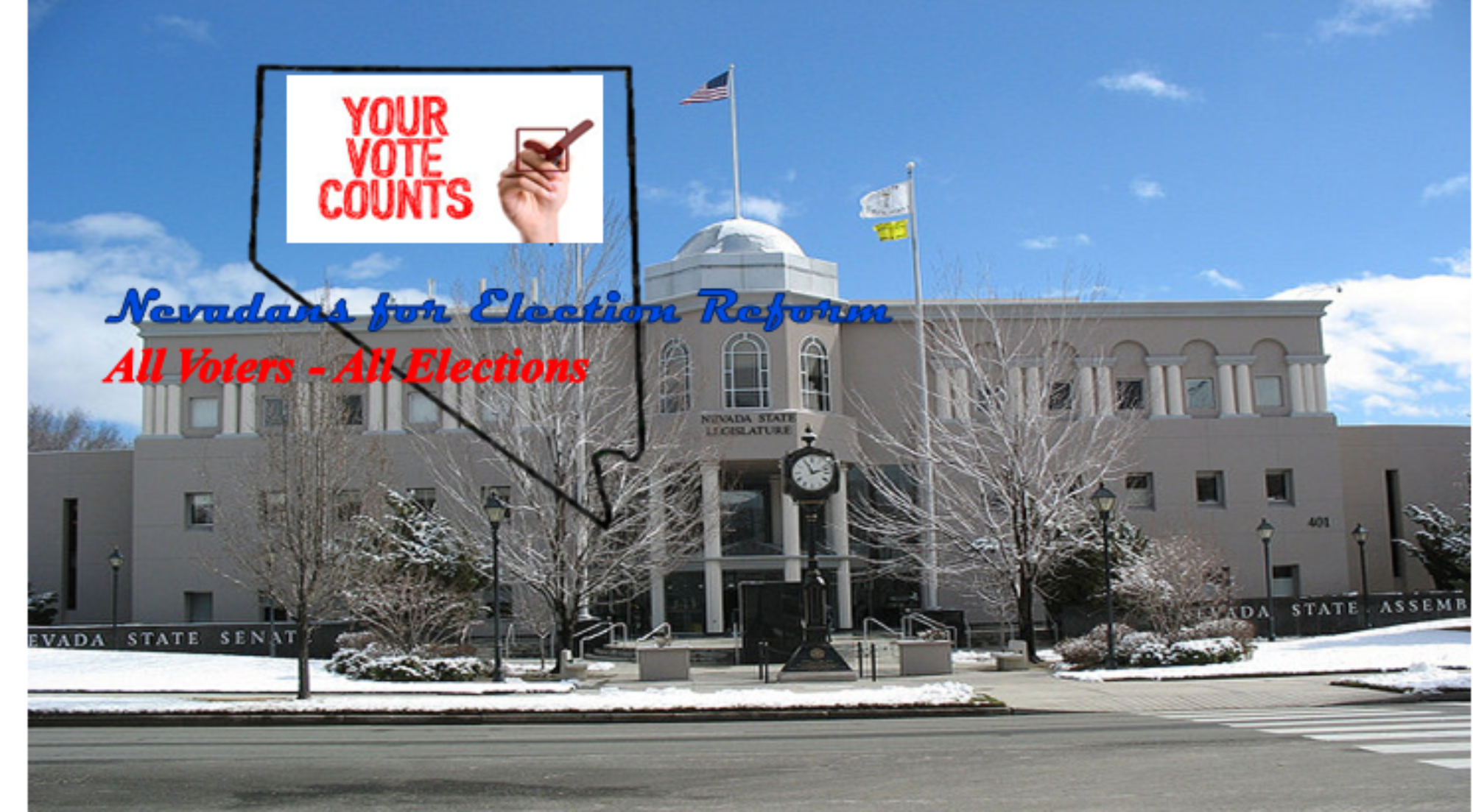By Doug Goodman -Founder & Executive Director Nevadans for Election Reform – November 4, 2021
Rank Choice Voting (RCV) is good for business and community economic development.
Business thrives when owners can plan in advance for growth, or downturn. Lack of planning can cause disruption, loss of sales, and even the loss of the business itself. Our current political climate of hyper-partisanship does not allow business to plan as owners have no idea what regulations, taxes, or other events will be in place from one day to the next. As stated in the Harvard Business Review, the current political environment is the biggest impediment to economic growth in the nation. A follow-up report also states that if politics were a business, it would be failing.
If a business is fortunate enough to be able to grow, owners are looking to expand. This expansion often has the business looking to expand to other states where policies are business-friendly, and their employees can enjoy the best quality of life. In Nevada, both the LVGEA (Las Vegas Global Economic Alliance) and EDAWN (Economic Development Authority of Western Nevada) function with the purpose of attracting businesses to locate in the state.
In 2014 I posed the following question to the executive director of both organizations. Would the existence of a less toxic political environment be considered a plus? Given an overwhelming majority of Americans want their elected officials to solve the issues they face, collaborate on solutions (the word compromise is usually used but I prefer the word collaborate because there is a difference), and not refuse to even talk to one another, would a location whose political process fostered such action be preferred? Both answered “very possibly”.
Is RCV good for business? RCV:
- Allows elected officials to work together without the fear of being “primaried”
- Reduces attack ads due to the need for second or third choice votes
- Allows voters to vote their conscience without fear that they are wasting their vote and that their vote counts
- Expands opportunity for candidates from marginalized and / or under-represented populations
- Because it fosters collaboration, allows businesses to plan with more certainty.
- Provides employees, as voters, a sense that they are the focus of their elected officials, not a necessary inconvenience.
The economic impacts of RCV are not normally part of the conversation. Maybe they should be.
